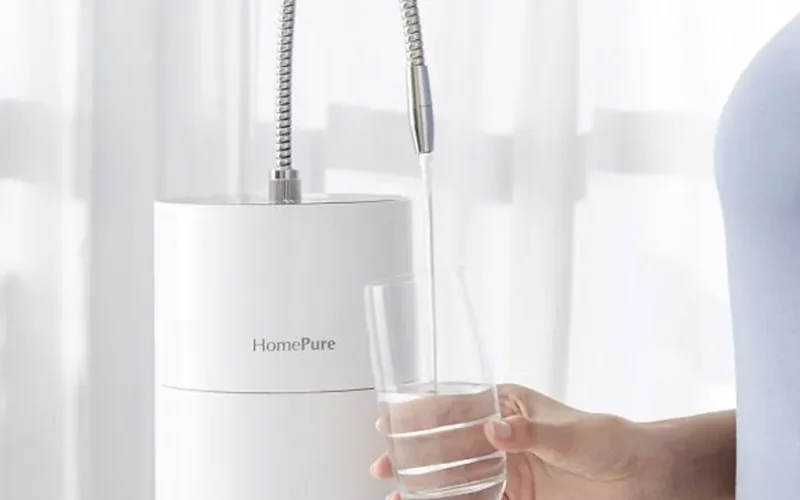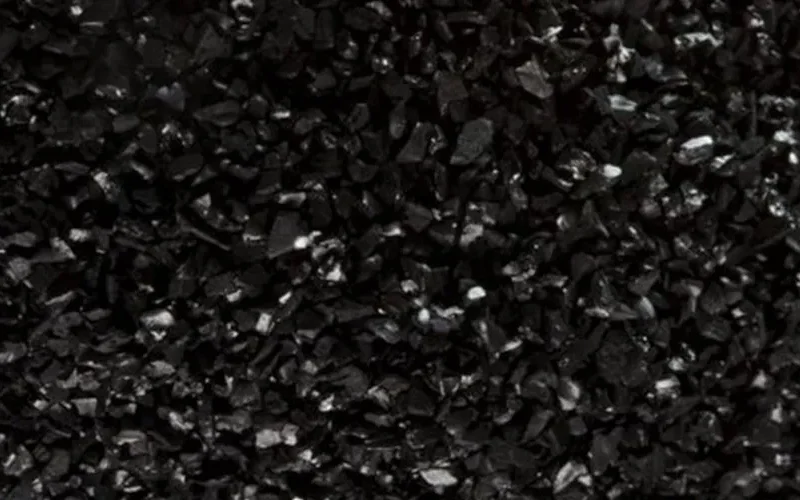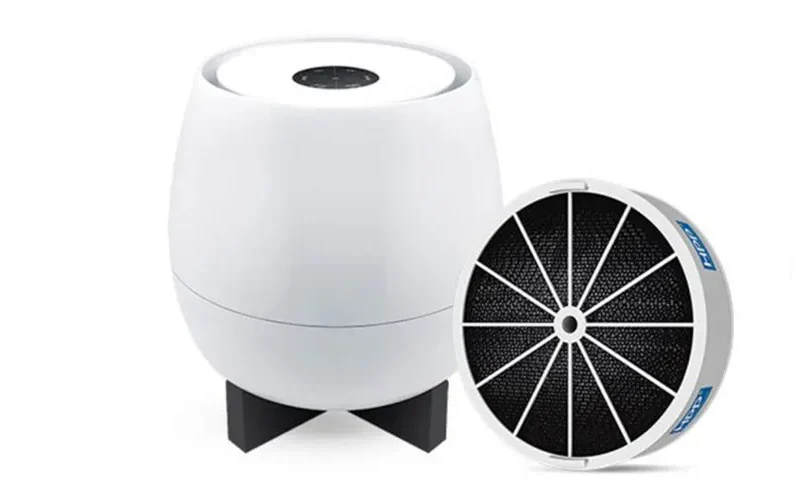Do water filters make my drinking water better?
Drinking water in Germany is of excellent quality. As a result, many Germans rate their tap water more positively than they did 25 years ago. Over 90% now describe the quality of their drinking water as “very good” or “good”. This is also one of the reasons why more than 80% regularly drink tap water. Of course, the cost factor also plays a role here, as drinking water is cheap. This begs the question: how useful are water filters?
Should I filter my water?
Drinking water is the best and most strictly controlled foodstuff in Germany. The health authorities are required by law to regularly monitor water extraction and supply facilities. The federal states and their authorities are responsible for monitoring water quality. This is regulated by the Drinking Water Ordinance. This in turn transposes the EU Directive on the quality of water intended for human consumption(Directive 98/83/EC) into national law. It is interesting to note that the German ordinance even contains stricter requirements than European law in some cases.
Nevertheless, many consumers believe that they need to filter water from the tap. The reason for this is the concern that tap water still carries certain risks in terms of germs and pollutants. This concern is not entirely unjustified. It is therefore worth buying a water filter if you want to be sure. This is the only way to ensure perfect water quality.
How useful are water filters?
What not every consumer knows is that the authorities only monitor drinking water quality up to the connection in the house. From then on, it is the homeowner’s responsibility to ensure clean, safe drinking water. Of course, there is still concern today that copper or lead from the pipes can get into the drinking water. However, lead pipes were only installed in houses until 1973 and lead pipes are not found in every old building. Nevertheless, they do exist.
If you still have doubts, you can have a water analysis carried out. This can be done at the responsible waterworks or at an independent institute. The costs for this are usually between 30 and 50 euros.
The maximum content of lead and copper in drinking water is regulated by law. Drug residues or nitrates can be detected in concentrations that do not pose a health risk. Legionella bacteria are repeatedly detected. However, these do not come from the public water network, but usually arise during the treatment of hot water in the heating system.
Of course, suspended particles, viruses, bacteria, germs, fungi and other organic and non-organic compounds are also found in drinking water. The quantity can vary greatly and is strongly influenced by the pipe network and the water treatment/water heating in your home.
If you live in a detached house, you have a much shorter pipe than someone who lives in an apartment building. And this is precisely where one of the problems lies: the length of time the water remains in the pipes. Water is a perishable foodstuff that quickly becomes contaminated if it stands for too long. If the water stands in the pipes for a long time, e.g. while you are at work during the day, germs, bacteria and possibly even viruses can build up by the evening. In this respect, buying a water filter can make sense, especially if you live in an apartment building or have no control over the quality and maintenance of the water pipes in your home.
Danger of water filters?
However, anyone operating a water filter should also be aware of the dangers that can emanate from such installations. The main problem here is the filters. Activated carbon filters in particular, which are often found in water filters, are good breeding grounds for bacteria. As a result, bacteria can settle on the filter surface if they are not changed regularly. The filter also retains suspended particles and other organic and non-organic compounds. This means that these accumulate in the filter over time. This reduces the filter’s performance and these substances are eventually released back into the water.
The most important rule for operating a water filter safely and enjoying consistently high drinking water quality is to replace the filter cartridge regularly. If you skimp on this or are careless, you risk drinking contaminated water. If you want to be sure to enjoy only safe drinking water, you should weigh up the costs against your health.
Water is the basis of life. We should therefore pay meticulous attention to its quality. After all, the cost of a water filter is low compared to the cost of drinking contaminated water every day for years.
Is a water filter for me?
A water filter like the HomePure Nova is not a luxury item or technical gadget. It is a highly technical device that makes our drinking water safe. If you want to feel safe and enjoy uncontaminated drinking water, you should use a water filter. After all, in addition to the certainty of drinking clean water, the feeling of safety is a decisive factor in increasing the quality of life.







